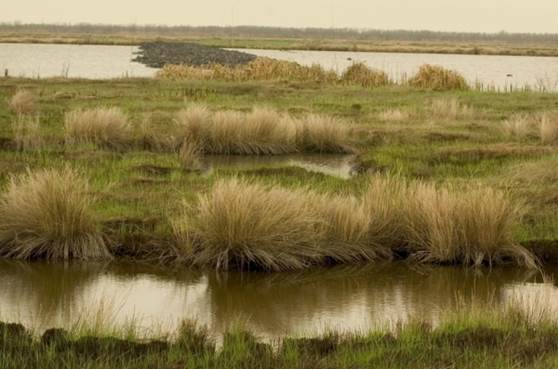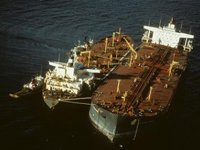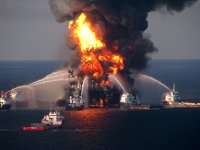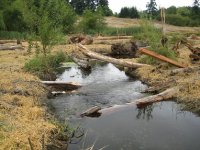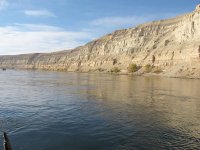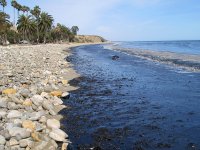The Latest Update from the Deepwater Horizon NRDA Trustee Council
January 24, 2018
The Deepwater Horizon Oceanic Fish Restoration Project, which aims to restore a portion of pelagic fish populations in the Gulf of Mexico, began its second year on January 1.
NOAA and the National Fish and Wildlife Foundation are working with Gulf pelagic longline vessel owners to reduce fish mortality through a temporary, voluntary fishing repose. The Trustees selected this project, formerly known as the Pelagic Longline Bycatch Reduction Project, in the fourth phase of early restoration.
During the 2018 repose, ten vessel owners from Florida and Louisiana will refrain from pelagic longline fishing and receive compensation to help offset their potential loss in revenue. They are encouraged to use alternative fishing gear, which specifically target yellowfin tuna and swordfish, and result in low mortality of non-target fish caught unintentionally as bycatch.
In 2016, NOAA and NFWF began working directly with industry participants to get their feedback before launching the first repose period as a four-month pilot in 2017. The pilot allowed for evaluation, adaptive management and further engagement with vessel owners, dealers and other stakeholders.
Because of engagement with vessel owners, fish dealers and other stakeholders, two additional fishing methods were identified that could help maintain landings of target catch and increase participation: (1) deep drop swordfish rigs and (2) buoy gear for targeting tuna. As a result, the Open Ocean Trustee Implementation Group included these and other enhancements to the project for 2018.
By fishing with the alternative gear, participating vessel owners will continue to bring fish to market and minimize potential impacts to the shoreside economy. They will also have the opportunity to explore fishing strategies with the gear to maximize harvest opportunity.
Throughout the project, NOAA and NFWF will work with participants, dealers and researchers to improve the fishers’ proficiency using the alternative gear and enhance product quality of fish caught.
The project will continue over the next five to 10 years, with an expected annual six-month repose period beginning each January.
Learn more details about the 2018 Oceanic Fish Restoration Project >
If you know someone who might be interested in information about the Gulf Spill Restoration effort, ask them to sign up for updates.

